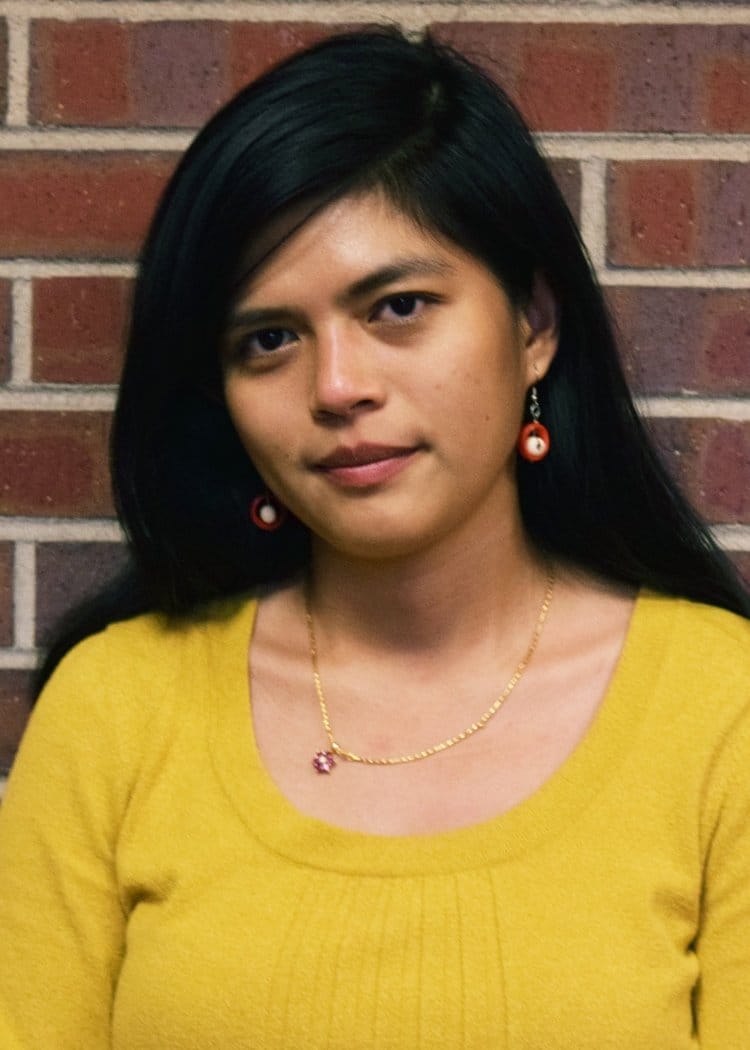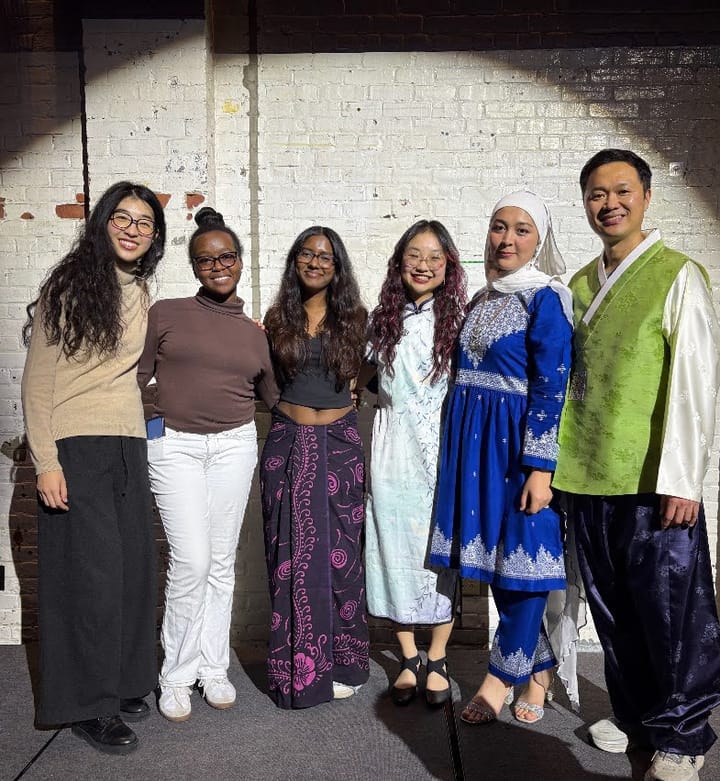Thirii Myo Kyaw Myint Explores Self in Upcoming “Zat Lun”

Amherst College’s Creative Writing Fall Reading Series continued its momentum when visiting writer Thirii Myo Kyaw Myint spoke on Oct. 2 in Frost Library’s Center for Humanistic Inquiry.
Myint arrived at Amherst this fall after completing her doctorate in creative writing at the University of Denver.
She published her book “The End of Peril, the End of Enmity, the End of Strife, A Haven” in 2018. “The End of Peril” was critically acclaimed — a finalist for the 2016 Noemi Press Book Award for Fiction.
Her latest work is a family history project called “Zat Lun,” which won the 2018 Graywolf Press Nonfiction Prize and will be released in early 2021.
In their introduction of Myint, Professor of English Judith Frank noted that Myint describes her work as “genre queer” and “pushing the boundaries between genre, identity, longing, reality and myth.”
Myint then read an excerpt from her forthcoming book “Zat Lun.” She started writing the project three years ago as a family history project, interviewing her parents as a part of it.
The project initially came from a fear of her parents’ deaths, and slowly developed into a book that grapples with the question “What constitutes the self?”
“Zat Lun” explores how and if our ancestors and our environment are a part of ourselves. Each chapter is based on a certain place from Myint’s life. However, the book is still a work in progress.
“I like to read works in progress on purpose,” Myint said at the reading, “because I like to sort of share the subliminal moment with you all.”
We would have never known it was a work in process.
The excerpt that Myint read was taken from the beginning of the book. It starts with a beautiful, idyllic description of her great-grandmother’s village, the village which Myint herself was born in and depicts the refuge it provided for her before violence struck.
The work is told in a mythical way, recounting the beautiful and bountiful history behind her family.
I instantly felt connected and intimate with Myint — it was as if she was letting us in on the legend of her family, entrusting the audience with this information. The way Myint told the story had a musical quality which allowed us to visualize her family as if we could go back in time and be there with her ancestors.
I was able to see the enormous role family history has played in Myint’s life, and I was instantly drawn in and honored to be let in on this history. Myint spoke about how her experiences as an Asian-American writer don’t necessarily fit in with the typical identity of an Asian-American writer.
As a Burmese writer who moved to Bangkok at a young age, she described feeling like a foreigner. She touched on how it is important to own her identity as an Asian-American writer in order to expand the term — and how some people are not even aware that Burma is located in Asia.
“It’s really important to position myself as an Asian-American writer because it’s such a huge umbrella term,” she elaborated. “But I’ve realized that the only way that term is going to sort of expand its definition is if people who might be at the margins really come to own the term also.”
“So I think it’s important for me to own that term and be like, ‘Hey, we [Burmese-American writers] are part of this conversation, too,’ because I do think there’s a lot of similarities but also important differences across our experiences.”
Myint’s words of wisdom to aspiring writers is to be persistent. She discussed the arbitrariness of “talent” in producing powerful narratives.
“Something that I learned is that it’s not necessarily the most talented person that becomes a writer, it’s the person that keeps writing;” she noted. She emphasized that how writing is about self-discovery — we must craft and own our narratives.
When asked how her experiences have defined her writing, she explained: “If you don’t create your own language, you won’t be able to have that language serve you — so you have to start from the beginning and start your own language.”
Myint emphasized the power of language in self-empowerment. “You can’t have someone else’s language, someone else’s form, and have it work for you,” she stressed. Myint’s writing is a reminder of all the various ways that our ancestors and our environment have inevitably continued to shape who we are and how our narratives have unraveled.
Each of our narratives are profoundly different — Myint reminds us of the power of expressing our own stories and making them heard, rather than attempting to fit the mold of a previous narrative that is not uniquely yours.




Comments ()